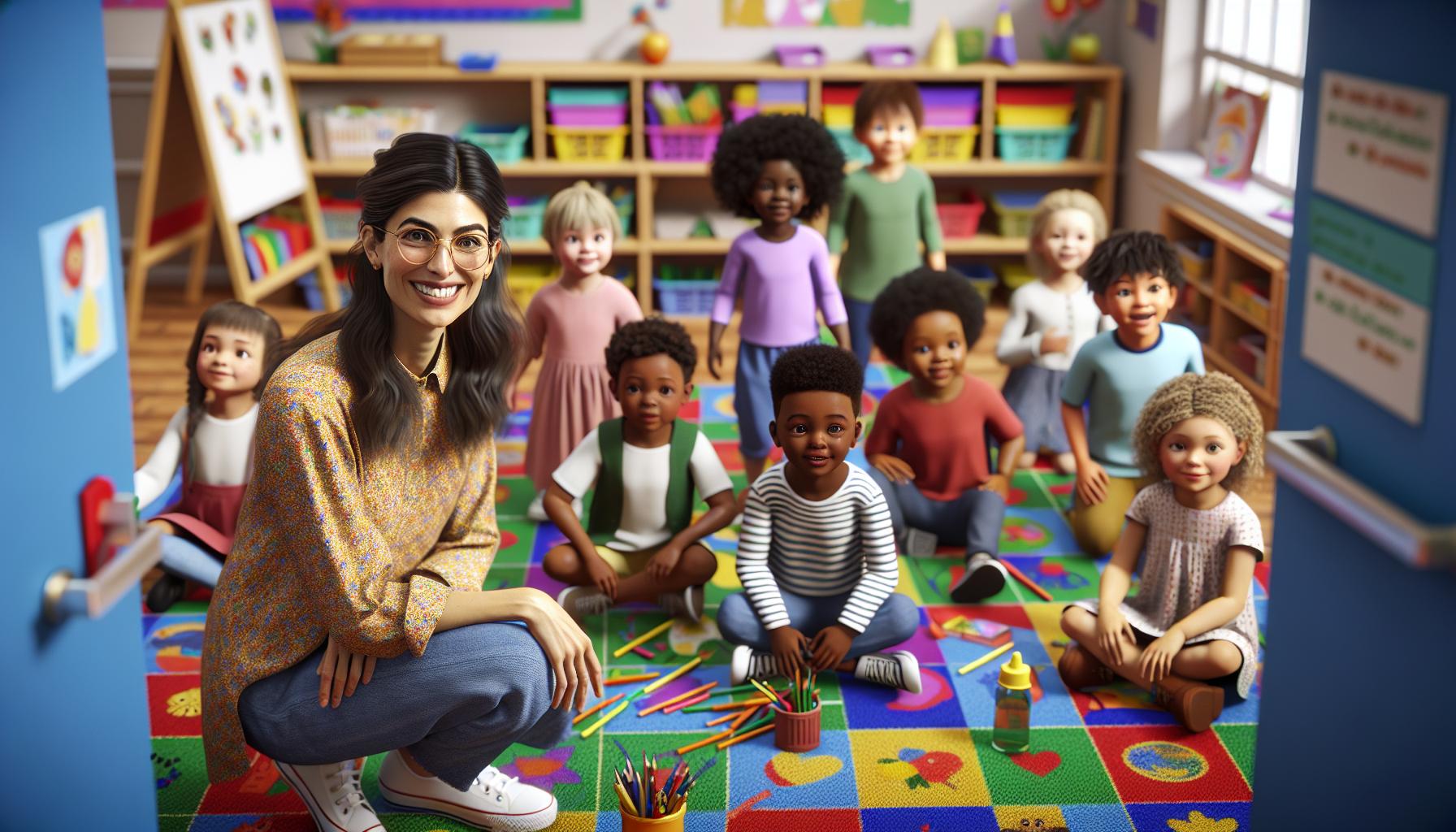An early childhood education degree opens up a world of possibilities for those passionate about shaping young minds. I’ve always believed that the foundation of a child’s learning experience sets the stage for their future success. With this degree, you’re not just learning about teaching; you’re diving into child development, psychology, and creative play, all essential for fostering a nurturing environment.
The versatility of this degree is impressive. Whether you want to work directly with children in classrooms, support families as a counselor, or even develop educational programs, the options are vast. I’m excited to explore the various career paths available and how they can make a meaningful impact on the lives of children and their communities.
Key Takeaways
- Diverse Career Paths: An early childhood education degree offers numerous career opportunities, including teaching, administrative roles, special education, and childcare services, allowing graduates to impact young children’s lives meaningfully.
- Essential Skills Development: Graduates acquire crucial skills such as communication, classroom management, and developmental psychology, which are vital for fostering effective learning environments.
- Hands-On Experience: Degree programs emphasize practical application through fieldwork, enabling students to engage directly with children and understand their unique learning needs.
- Importance of Accreditation: Pursuing an accredited program enhances the degree’s value, making graduates more competitive in the job market and ensuring they receive high-quality education.
- Support for Families and Communities: Early childhood education graduates can thrive in roles that enhance family engagement and community outreach, promoting holistic child development.
- Specialized Knowledge: The curriculum covers critical areas like child psychology and educational methodologies, equipping graduates to create developmentally appropriate learning experiences tailored to individual children’s needs.
What Can I Do With An Early Childhood Education Degree
 An early childhood education degree equips me with essential skills to foster child growth and development. This degree covers critical areas such as child psychology, educational methodologies, and developmental milestones. These elements are crucial for creating supportive learning environments that cater to the diverse needs of young children.
An early childhood education degree equips me with essential skills to foster child growth and development. This degree covers critical areas such as child psychology, educational methodologies, and developmental milestones. These elements are crucial for creating supportive learning environments that cater to the diverse needs of young children.
Programs typically emphasize hands-on experience, combining theoretical knowledge with practical application. Fieldwork components allow me to engage in real-world settings, building rapport with children and understanding their unique learning styles. I gain insights into curriculum design, classroom management, and effective communication strategies.
Early childhood education degrees range from associate to master’s levels, providing multiple pathways based on career goals. Associate degrees often lead to entry-level positions, while bachelor’s and master’s degrees open doors to advanced roles, including administrative positions and specialized programs.
Accreditation plays a vital role in ensuring the quality of these degree programs. Seeking accredited institutions enhances my education’s value and credibility, making me a desirable candidate in the job market. Overall, this degree not only prepares me for various careers but also empowers me to make a significant impact in children’s lives.
Career Opportunities
An early childhood education degree opens numerous career paths, each offering unique roles in shaping young learners. Here are several prominent opportunities that graduates can explore.
Teaching Positions
Teaching positions encompass roles in preschools, kindergartens, and elementary schools. Teachers design engaging lesson plans, assess student progress, and create supportive learning environments. It’s essential to understand developmental milestones and child psychology when working with kids. Many public school positions necessitate licensure, which generally requires passing an exam and completing continuing education.
Administrative Roles
Administrative roles include positions as education coordinators, program directors, or preschool administrators. These professionals oversee daily operations, manage staff, and develop educational programs. Strong leadership skills and knowledge of early childhood education regulations are crucial in these positions. Administrators often collaborate with teachers and parents to ensure optimal learning experiences.
Special Education
Special education roles focus on supporting children with diverse needs. Professionals in this field work directly with students requiring additional assistance, developing individualized education plans (IEPs) tailored to each child’s learning style. Training in special education and strategies for inclusion significantly enhance support for students with disabilities, helping them thrive in various settings.
Childcare Services
Childcare services encompass a range of positions, from daycare workers to program managers. Professionals provide supervision, activities, and care for young children while promoting social, emotional, and cognitive growth. Understanding child development theories and creating a safe, nurturing environment is vital in these roles. Many childcare positions may not require formal education beyond an associate’s degree, making them accessible entry points into the field.
Additional Career Paths
 An early childhood education degree opens doors to various additional career paths beyond traditional teaching roles. These options allow me to support children and families in diverse and meaningful ways.
An early childhood education degree opens doors to various additional career paths beyond traditional teaching roles. These options allow me to support children and families in diverse and meaningful ways.
Counseling and Support Roles
Counseling and support roles utilize my knowledge of child development and psychology. Positions such as school counselor or child therapist focus on aiding children’s emotional and social growth. In these roles, I can implement strategies to promote positive behavior and address mental health issues. Additionally, I may provide support for families navigating challenges, fostering healthier relationships between parents, children, and educators.
Family and Community Engagement
Family and community engagement roles emphasize building strong relationships among families, schools, and communities. As a family liaison or community outreach coordinator, I can design programs that enhance family involvement in education. I’d facilitate workshops and seminars, empowering parents with tools to support their children’s learning. This involvement creates a holistic approach to child development, ensuring every child has a supportive network.
Non-Profit Organizations
Non-profit organizations present opportunities to apply my skills in impactful ways. Working in children’s advocacy groups or community development programs allows me to champion early childhood initiatives. In these roles, I can develop and implement educational programs that address community needs, promote equity, and enhance access to resources. By joining a non-profit, I contribute to making a meaningful difference in children’s lives and their families.
Skills Acquired from the Degree
An early childhood education degree equips graduates with essential skills applicable in various teaching and support roles. These skills foster child development and create a conducive learning environment.
Communication Skills
I develop strong communication skills through coursework and practical experiences. Clear verbal and written communication is vital for interacting with children, parents, and colleagues. I learn to tailor my messages based on the audience, ensuring that educational concepts resonate effectively with young minds.
Classroom Management
Effective classroom management forms a critical part of my training. I gain expertise in creating structured environments that promote positive behavior and engagement. Strategies learned include setting clear rules, developing routines, and employing conflict-resolution techniques to maintain a harmonious learning atmosphere.
Developmental Psychology Knowledge
I acquire a solid foundation in developmental psychology. This knowledge allows me to understand cognitive, social, and emotional milestones in early childhood. I use this understanding to create age-appropriate learning experiences and support individual needs, ensuring each child’s unique growth trajectory is recognized and nurtured.
An early childhood education degree opens up a world of possibilities for making a difference in children’s lives. With the skills and knowledge gained, I can explore various rewarding career paths that align with my passion for nurturing young minds. Whether I choose to be a teacher, counselor, or program director, each role offers unique opportunities to support children’s growth and development.
I’m excited about the potential to impact families and communities positively. This degree not only prepares me for diverse career options but also empowers me to create meaningful change in the lives of children. The journey ahead is filled with promise and the chance to contribute to a brighter future for the next generation.

